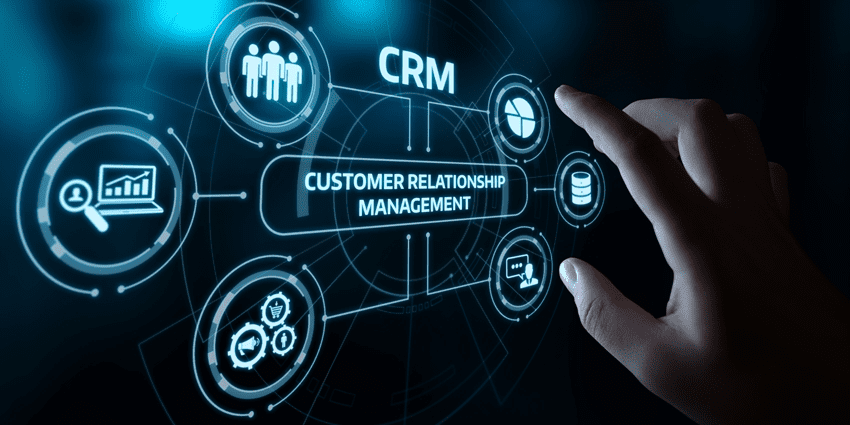The inception of OnePass was a response to the challenges that often bog down HR departments. Fueled by a shared vision, a group of dedicated professionals embarked on a mission to transform HR management. We envisioned a comprehensive solution that would seamlessly integrate all aspects of HR, including customer relationship management (CRM), from recruitment to performance evaluation, under one roof.
Amidst the journey, we encountered obstacles that only strengthened our resolve. Countless hours were invested in envisioning the optimal user experience, designing an intuitive interface, and refining features to simplify intricate HR tasks. The development process was characterised by persistence, innovation, and a commitment to creating something exceptional. Contact us now to join us onboard!

Introduction to CRM
In today’s competitive market, managing customer relationships well can set a business apart. Customer Relationship Management (CRM) systems have become essential for companies aiming to build strong, lasting connections with clients. But why is CRM so important, and how does it help turn leads into loyal customers?
Streamlining Customer Interactions
CRM systems help businesses manage their interactions with customers by centralizing all data in one place. This includes contact details, purchase history, and more. By keeping all this information easily accessible, CRM allows businesses to customize their interactions, making them more relevant and personal. With insights from customer data, businesses can predict needs and respond effectively.
Managing Leads Effectively
The journey from generating leads to gaining loyalty starts with effective lead management. CRM systems track leads through each stage of the sales process, ensuring that every opportunity gets attention. Automated reminders and workflows help sales teams stay organized and focused, while detailed reports highlight the most successful strategies.
Building Customer Loyalty
CRM goes beyond lead management by supporting long-term relationship building. With detailed records of customer interactions and preferences, businesses can offer personalized service and tailored offers. This helps to enhance customer satisfaction and build loyalty over time.
Conclusion
In summary, Customer Relationship Management (CRM) is more than just a tool for handling interactions. It is a key asset that helps businesses convert leads into loyal customers.

